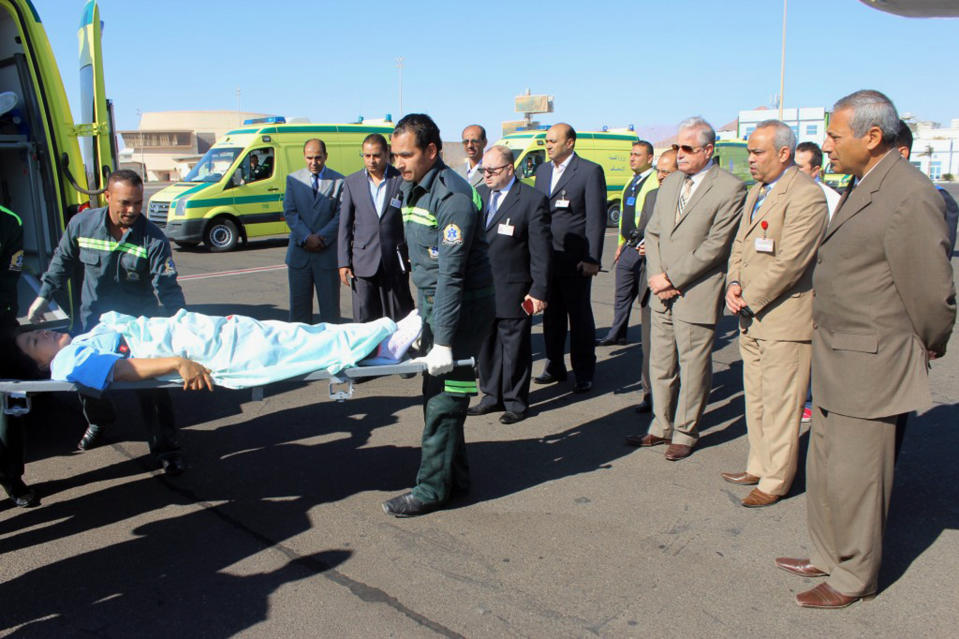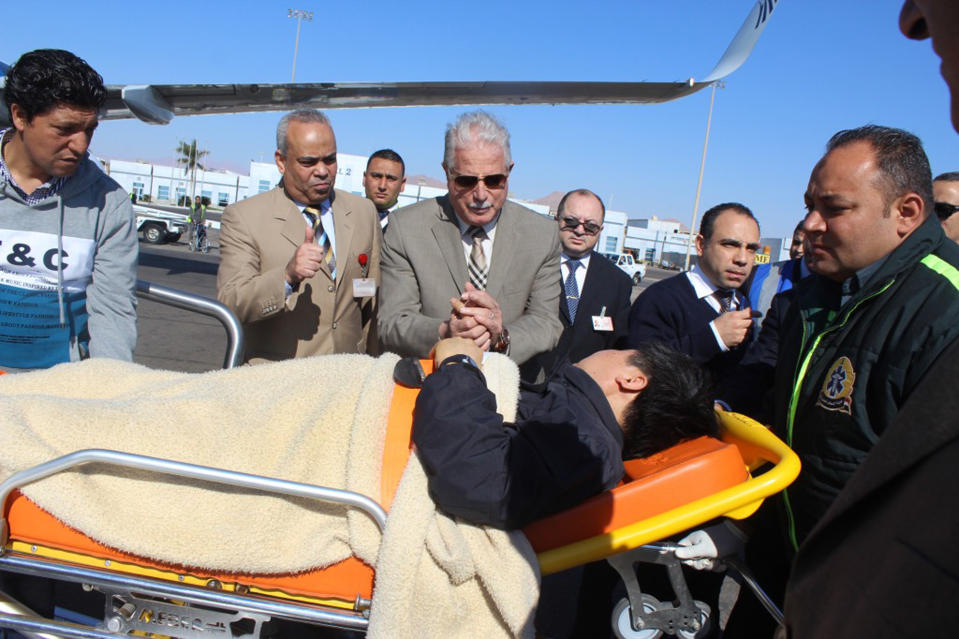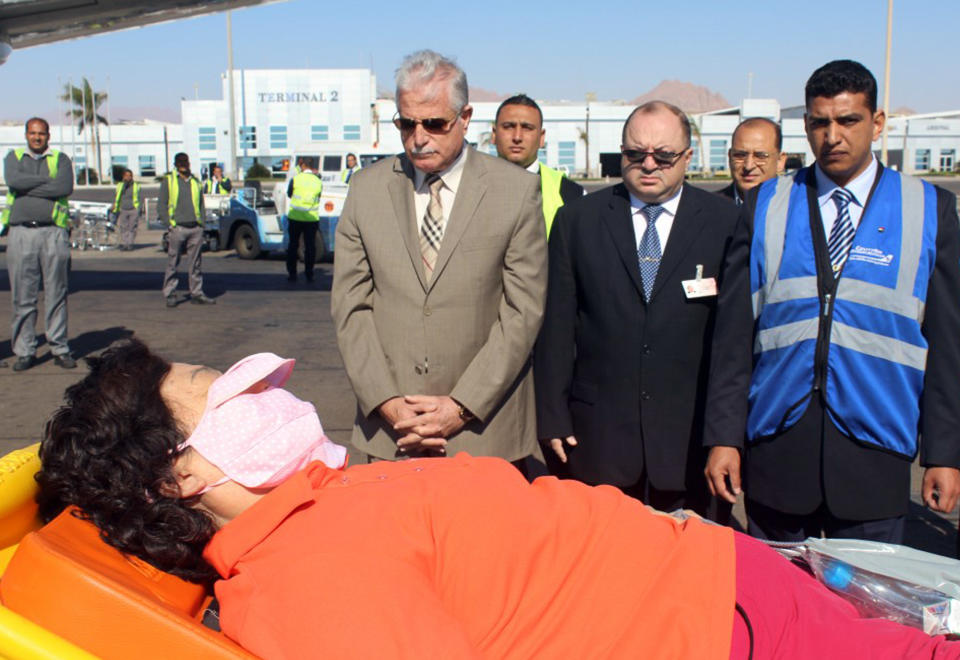Egypt raises police pay as labor unrest spikes
CAIRO (AP) — Egypt's interim president ordered a pay raise for police on Wednesday, after some of their forces joined factory workers, doctors and pharmacists increasingly on strike over the past month.
Adly Mansour said police will receive a 30 percent salary increase as hazard pay starting in March.
Egyptian officials are struggling to deal with the labor strikes, which have dealt a blow to the country's interim military-backed government and already flagging economy.
More than 22,000 workers in a northern city have been on strike for over ten days, demanding the removal of the government-operated Textile Holding Company's president Fouad Abdel Aleem and higher wages.
A gritty industrial town, Mahalla al-Kobra was the scene of numerous labor strikes in 2008. Demonstrators destroyed posters of then-President Hosni Mubarak and clashed with security troops. That strike prompted calls by opposition groups to turn the labor unrest into a wider political protest against the government.
Doctors around the country have also been striking periodically for months now, demanding higher salaries. After a partial strike of all hospitals on Wednesday, the Ministry of the Health said in a statement that the total rate of participation was 17 percent, while union leaders said that 45 percent of hospitals had taken part.
Kamal Abbas, executive director for the Center for Trade and Union Services, a pro-labor non-governmental organization, said that government workers are striking now because they've seen no results from country's long-awaited minimum wage legislation. In September, Finance Minister Ahmed Galal said that public workers would all receive a minimum wage of 1,200 Egyptian pounds, or roughly $170.
"The people with limited income, like factory workers, are continually suffering," he said. "This is what's caused the anger."
Egyptians have dealt with rising prices and high unemployment for most of the country's political transition, since Mubarak left power in 2011. Employment is upward of 13 percent, and experts put youth unemployment at more than 25 percent. The annual rate of inflation stood at 11.36 percent as of January, according to the Central Bank.
Police also staged strikes in six provinces last week, asking for higher wages for their work amid increasingly dangerous conditions. Lower-ranking police officers are paid some 800 Egyptian pounds — around $115 — per month.
Militants have targeted security forces in a series of attacks in recent months, after the military ouster of Islamist President Mohamed Morsi from power in July. The latest escalation came Sunday when a bomb tore into a tourist bus near the Egyptian border crossing into Israel, killing three South Korean tourists and their Egyptian driver.
The interim government is struggling to keep unrest at minimum with an already strapped budget, even with billions of dollars in financial help from the governments of Saudi Arabia and the United Arab Emirates.
On Wednesday, the government announced that it would extend the midterm university break until the beginning of March, a month later than the intended start date, in a move they say will secure and repair campuses damaged by student protests.
On Tuesday the minister of investment met with a worker delegation from the textile company, promising to open investigations into the company's president and saying that the new minimum wage would be implemented soon.
But on Wednesday, Kamal al-Fayoumi, a strike leader from the Textile Holding Company, said that workers were not giving in yet.
"We are not asking for anything impossible," he said.



